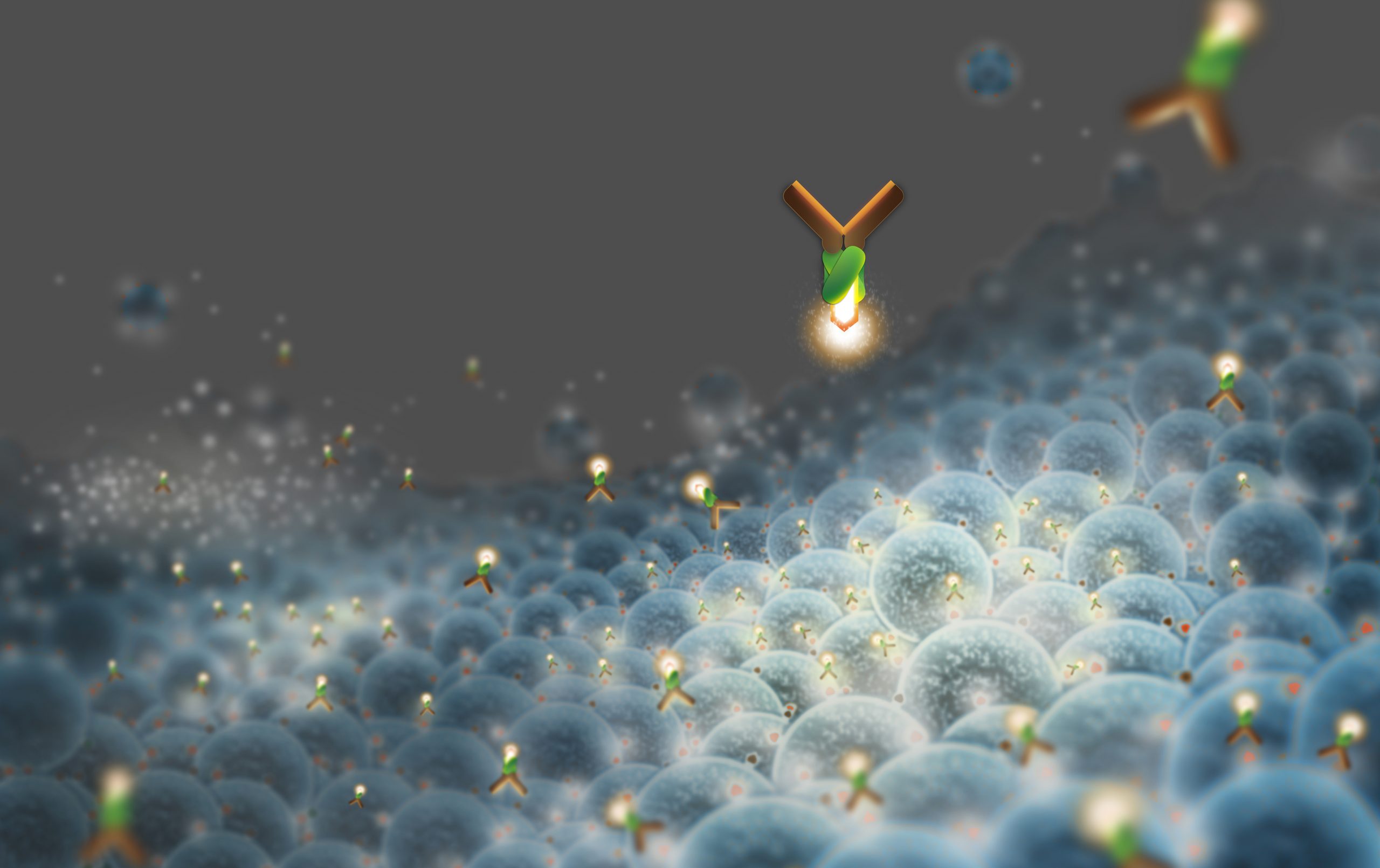Pfizer deal paves way for approval of ImaginAb's cancer imaging tech

ImaginAb has signed a deal with Pfizer, which it hopes will help it to gather information necessary for approval of its tumour imaging agent as a medical device in markets in the US and other countries.
The California-based company has signed a non-exclusive license with Pfizer to supply its 89Zr CD8 Immuno-PET agent, which can be used to image CD8 T cells in cancer patients.
Used with widely available PET scan technology, ImaginAb’s technology allows doctors to track the T-cell immune response to cancer in real time and it has already picked up a multi-party deal involving Pfizer, AstraZeneca and Takeda.
The latest deal builds on that arrangement in 2019 and while the financial deals are not disclosed, chief executive officer Ian Wilson told pharmaphorum it involves an up-front fee plus payments each time the treatment is manufactured for use.
The company argues that its technology, based on specially engineered antibody fragments, can give an accurate map of T-cell activity, giving a more representative picture of how the tumour is responding to an immunotherapy.
Information of this kind can make or break a cancer trial, giving guidance about whether a tumour is growing or has become swollen because of an incursion by T-cells.
Big pharma is catching on to the idea as companies try to find ways to determine whether immunotherapies are working and avoid expensive trial failures.
“They are looking for effective tools that allow them to read out quicker and faster and better than current methodologies,” said Wilson, who said trials have failed or been delayed because of issues with conventional invasive biopsies.
“(The technology) allows them to make decisions quicker and allows them to triage their drugs more quickly in the clinical phase.”
Equally important to the company is the safety data gathered as the technology is used as the pharma companies use it to guide development of cancer immunotherapies.
This could lead to an approval in the coming years by regulators such as the FDA, where the technology could be used as a guide by doctors to indicate whether a course of immunotherapy is working, or if another option should be used.
Wilson counts US biotech CellSight as its only direct competitor with equivalent technology, although this seems to be considerably further away from commercial use by big pharma.
“From a health economic payer point of view (our technology) allows everyone to rationalise and improve patient care,” said Wilson.












